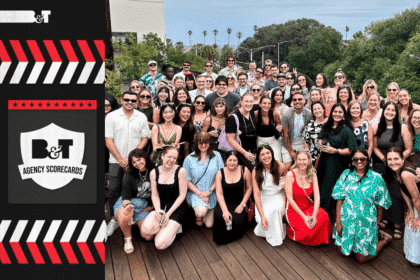Google has blocked news in Canada in an attempt to strongarm politicians into cutting proposed legislation that would force the search engine to pay sites for the content it uses (lead image: Canadian President Justin Trudeau).
Canada’s proposed legislation, called Bill C-18, would require Google, Facebook, and other internet companies to pay news publishers when they reproduce content. The bill was introduced last spring and is modelled after our own news media bargaining code.
In response, Google has begun temporarily limiting access to news results in tests affecting around four per cent of randomly selected users.
The news blackout will last for five weeks and impact web search and the Discover feature on Android devices.
“We’ve been fully transparent about our concern that C-18 is overly broad and, if unchanged, could impact products Canadians use and rely on every day,” a Google spokesperson told Gizmodo.
“We remain committed to supporting a sustainable future for news in Canada and offering solutions that fix Bill C-18.”
Canadian heritage minister, Pablo Rodriguez, said the law is necessary as “The news sector is in crisis.
“Traditionally, advertising has been a major source of revenue for the news business. That’s less and less the case. I would say the reality is grim.”
The legislation could cost Google millions. Canada’s Office of the Parliamentary Budget Officer estimated Google and Facebook would be looking at paying around CA$329.2 million (around AU$360) to news publishers per year.
According to the report those funds would cover around 30 per cent of publishers’ overall editorial costs.
“The ability to link freely between websites is fundamental to how the internet works,” said Google Canada vice president and country managing director Sabrina Geremia said following news of the bill last year.
“Canadians expect that when they search for information, they will have access to ALL the content the internet has to offer. Requiring payment for links risks limiting Canadians’ access to the information they depend on.”
Australia’s news media bargaining code, meanwhile, has been a “success to date” in its first nine months of operation, according to the Treasury department.
However, as it stands, the code only applies to Google and Facebook and publishers have been calling for it to be expanded to TikTok, YouTube, Instagram, Snapchat, and Twitter.
Publishers, ranging from major networks such as Nine and News Corp, have been able to strike deals with Google and Meta to share revenue.








